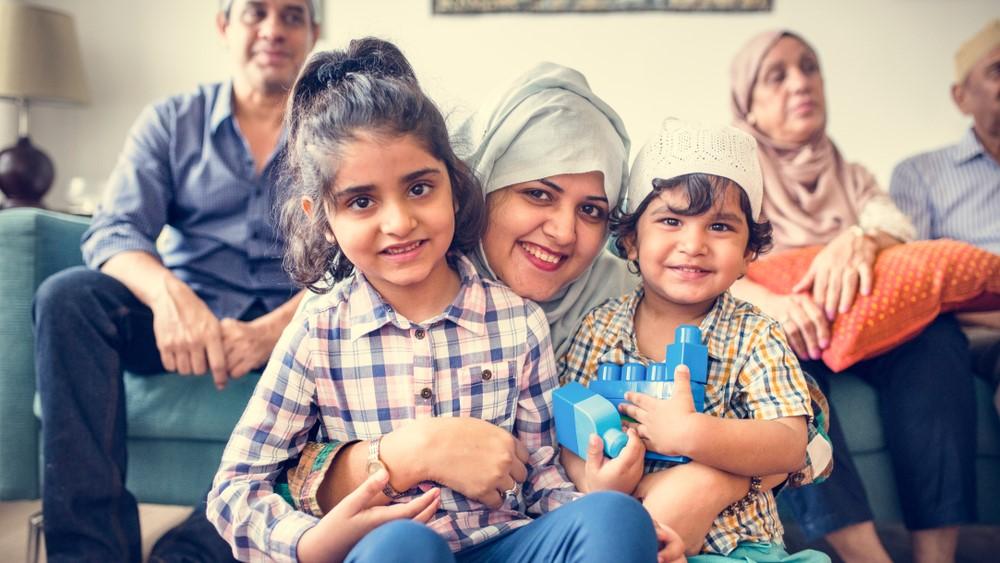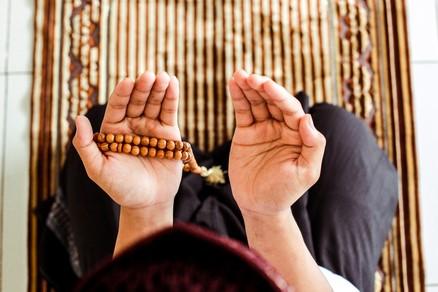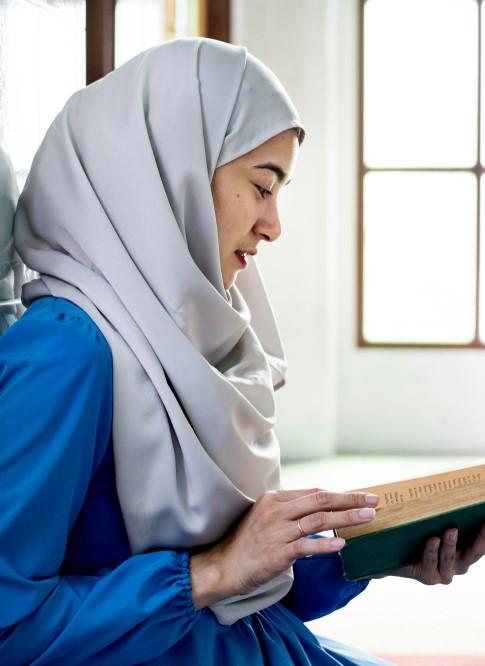
Ramadan is a time for great reflection and spirituality, with Muslims around the world taking the time to focus their efforts on building their relationship with Allah (SWT) and fulfilling their religious obligation to the fourth Pillar of Islam, Sawm (fasting).
With this in mind, knowing how to make the most of this divine month is important for reaping all the rewards on offer and becoming a better Muslim with a stronger bond with the Almighty. If you’re wondering how to magnify the compensation of Ramadan and bolster your relationship with Allah (SWT), or if you’re a friend of the community and want to learn more about the Ramadan daily routine of your Muslim friends and neighbours, keep reading.
Depending on the time of year Ramadan falls, Muslims may wake up in the early hours of the morning to complete their morning duties. For example, if sunrise occurs at 6 am, Muslims may wake up at 4:30-5 am. This gives them ample time to complete the Fajr (dawn) prayers and eat their Suhur meal.
Suhur is the meal that will sustain Muslims throughout the day, giving them the nutrients and energy they need to get through until Iftar. It’s like a very early breakfast comprising foods like oats, eggs, fruit, and yoghurts. Muslims should allow plenty of time to prepare and eat their Suhur meal, and they should also take the time to drink plenty of water to keep hydrated throughout the day.
Following Suhur comes the Adhan (call for prayer), citing the end of Suhur and the start of Fajr prayers.
Fajr prayers are an important facet of Islam and are one of the five required prayers specified in the Pillars of Islam. It’s important to complete Fajr prayers every day of the year, but especially so in Ramadan when Muslims are working to become better and closer to Allah (SWT).
The Prophet Muhammad (SAW) said:
“If they [the people] knew the reward for the Isha and the Fajr prayers in congregation, they would join them even if they had to crawl [to attend it].” – Muslim
Fajr prayers are significant for a number of reasons, including because waking up and completing them indicates a great dedication to Allah (SWT). Waking up at dawn when you’re tired can be hard, but doing so confirms your commitment to the Almighty.

Angels descend from the heavens and surround Muslims who rise early to pray, making a note of the good deeds of those who are praying and informing Allah (SWT). At a time when pleasing Allah (SWT) is at the forefront of everyone’s actions, this makes completing Fajr prays all the more important.
When Fajr prayers are complete, Muslims may go back to sleep permitted they have time to do so, or they may get ready for their day and recite the Qur’an to draw even closer to Allah (SWT). Many Muslims take this time to make dua (voluntary prayers of supplication).
They then prepare to head to work, school, or whatever other commitment they have to fulfil until the time for Ishraq (sunrise) prayers. Ishraq prayers (also known as Chasht or Duha prayers) are optional and are recited when the sun is a quarter risen. Whilst they are not obligatory,
many Muslims take the opportunity to complete them in line with the religious significance of Ramadan.
For the most part, Muslims will continue as normal during the afternoon, with little change to their routine. Ramadan is not seen as an excuse for Muslims to perform badly at school or work, so many complete their day-to-day duties as they typically would, with the exception of not listening to music and not eating or drinking.
Many listen to podcasts throughout the day of the Qur’an being recited, especially those who have work commitments that prevent them from reading the Qur’an themselves and drawing closer to Allah (SWT) throughout the day.

By mid-afternoon, the obligatory Dhuhur prayers are recited. These, like Fajr prayers, are part of the Pillars of Islam. Many people who work complete their Dhuhur prayers during their lunch break.
Following these prayers, in Islamic countries, many Muslims then take a nap, but others continue their work or school day until the obligatory Asr (later afternoon) prayers. By this time, many people are home from work and school, though the sun will not have set.
With this in mind, children and men often take time in the late afternoon following Asr prayers to recite the Qur’an together, making dua and strengthening their bond with Allah (SWT). Women tend to prepare for Iftar, though these duties may be shared.
When Iftar has been prepared, it’s customary for families to gather around the dinner table and make dua together as it is said this is a great time for supplication and one when they are most likely to be accepted.
At sunset, Muslims must complete the fourth of their obligatory prayers – Maghrib prayers. There is a limited time in which these prayers can be completed, so it’s important Muslims try their best to stick to a strict Ramadan routine.
One of the key Ramadan activities is Iftar, which is the meal that is eaten after the sun has set. This is akin to dinner and comprises foods like rice, soup, curry, vegetables, and lots of water. Some people choose to work out after Iftar, or they may choose to work out before Iftar and after Maghrib prayers if they’re looking to stay in shape during Ramadan.
Once Iftar is complete, the final obligatory prayers are performed, called Isha (night time) prayers. Men tend to go to the mosque whilst women may perform Isha prayers at home. Muslims then have the opportunity to recite part of the Qur’an during optional Taraweeh prayers. It’s customary to recite one of the 30 parts of the Qur’an each night during Taraweeh.
After prayer, Muslims can round off the day as they please. Some choose to make dua once more, whilst others choose to sleep until the time for Suhur comes, at which point the routine repeats until the end of the blessed month, and Eid ul-Fitr celebrations begin.
If you’re a Muslim and are looking to maximise Ramadan rewards, you can choose to engage in good deeds like giving to charity. Should you want to do this, consider donating to ILM, so we can give those less fortunate the means to remain healthy and safe during this divine month.